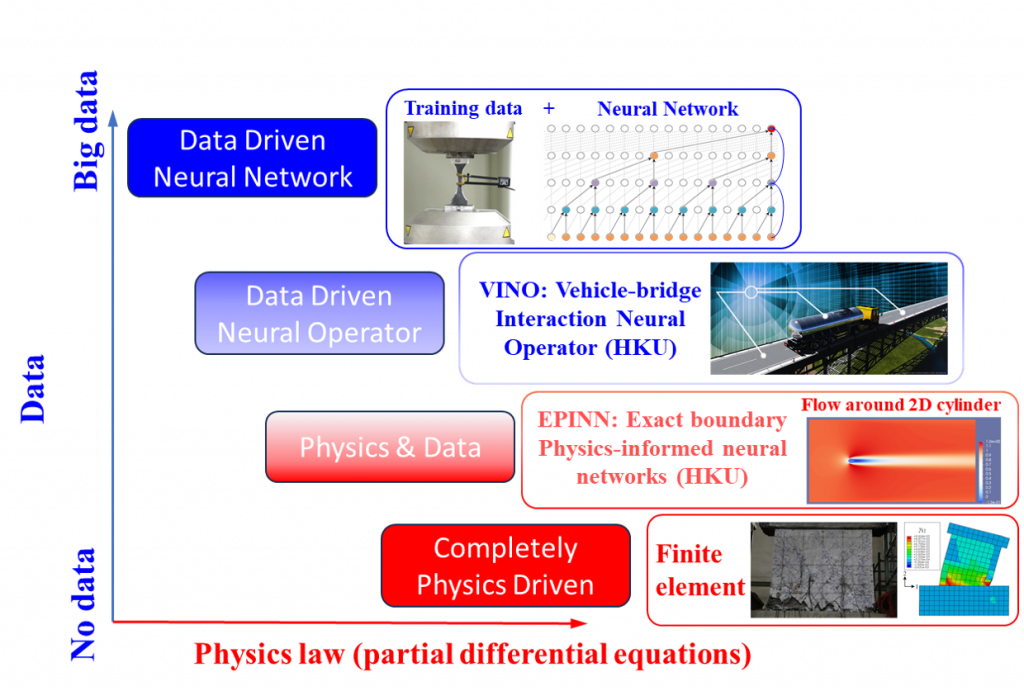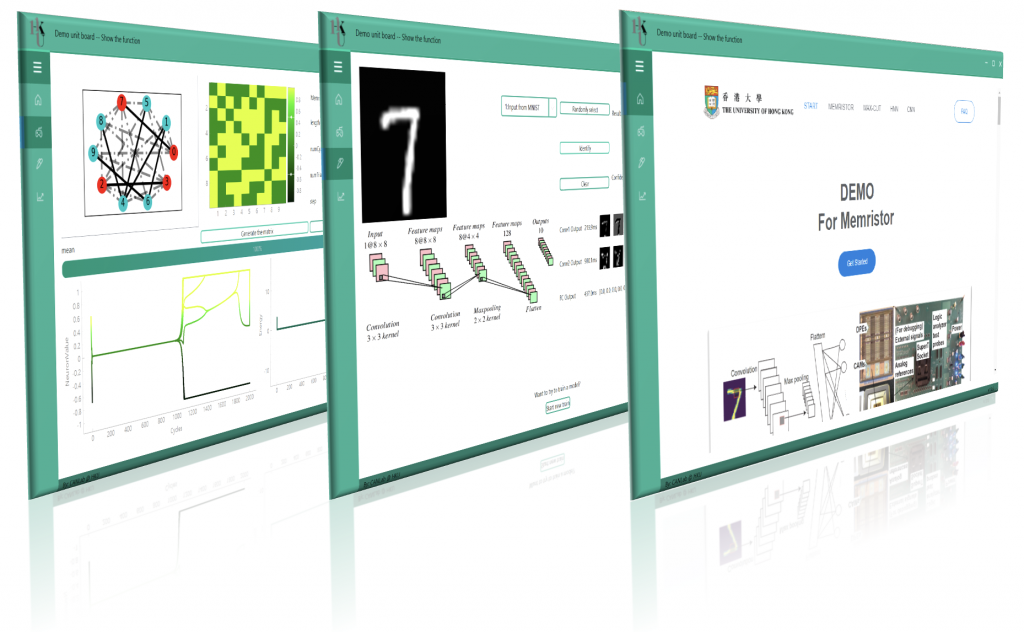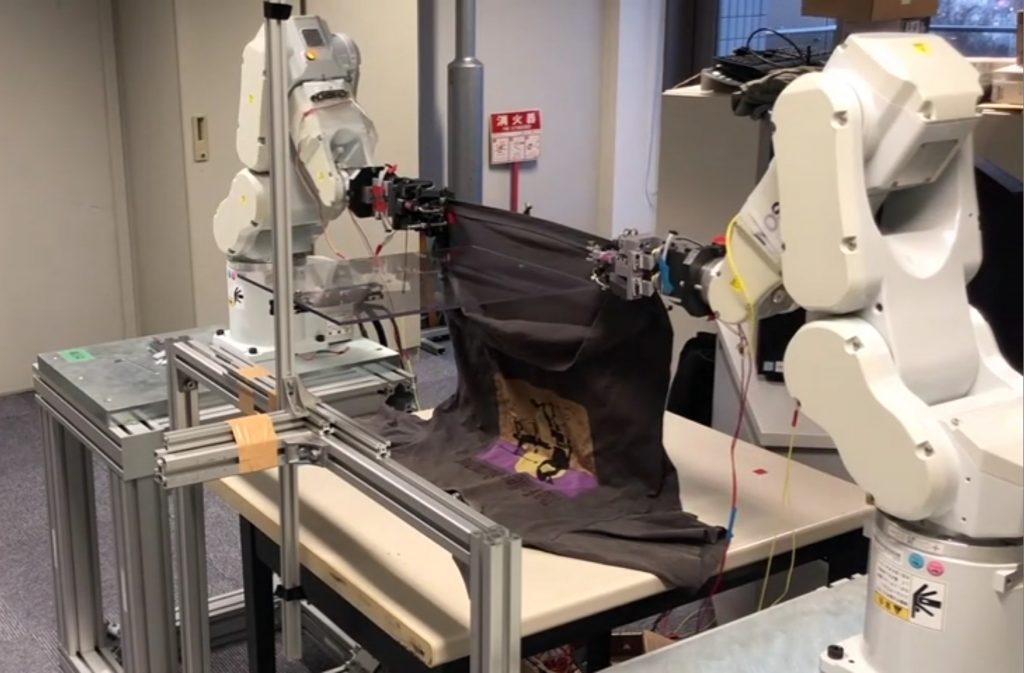Analysis and Visualization of MTR Passenger Behavior During COVID-19
This project aims to study the behaviour of MTR passengers during COVID-19 based on a large set (>325GB) of MTR trip records collected in 2019-2020. An efficient and secure online platform has been built to enable researchers to perform analyses and generate visualizations.








